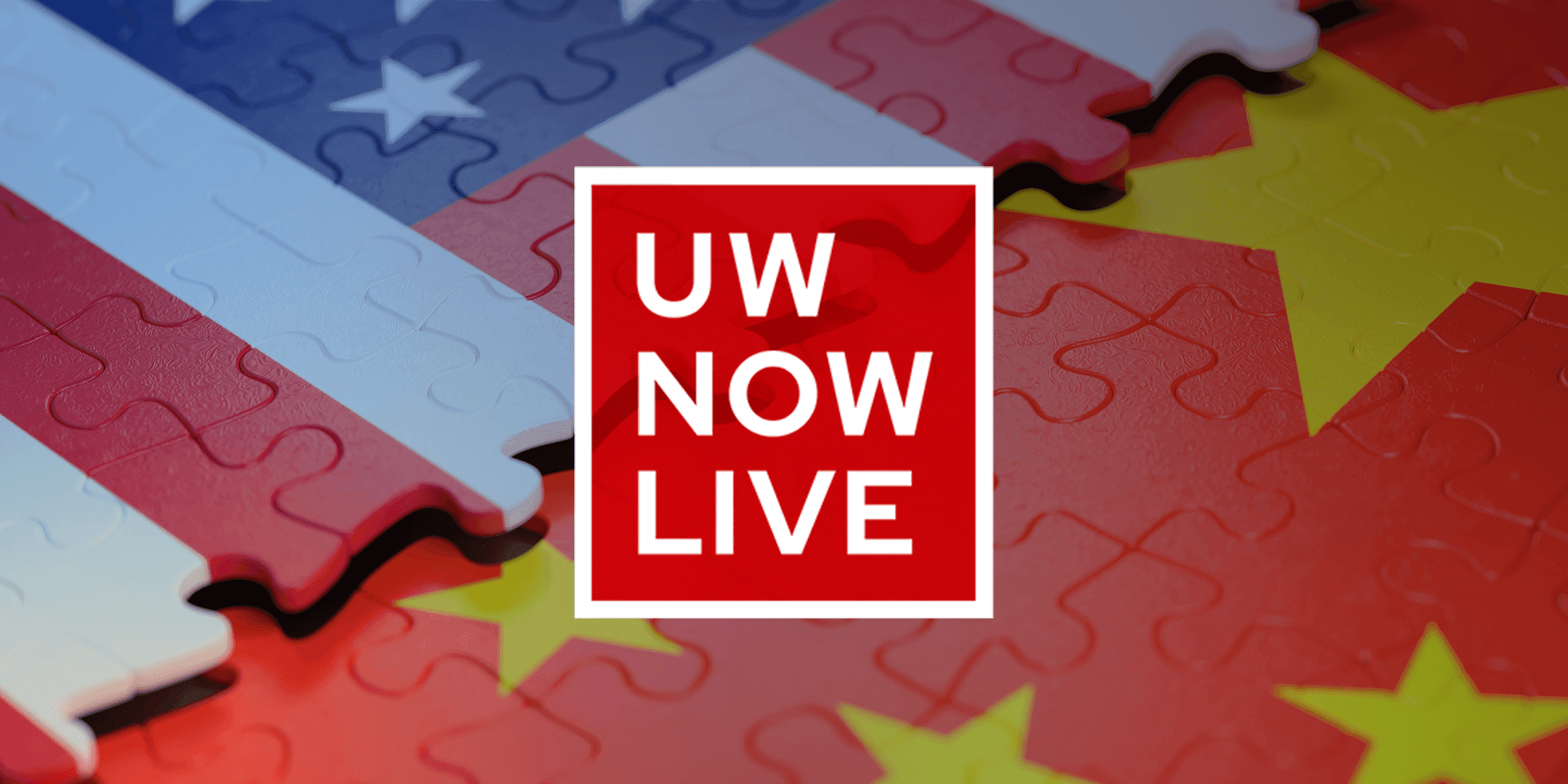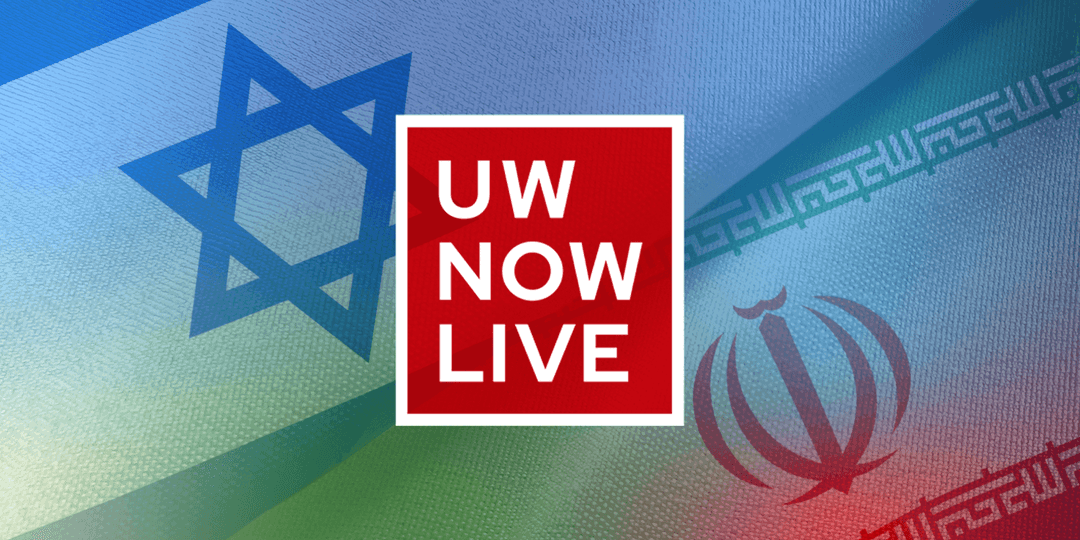Among the problems with autocratic governments, says Jessica Weeks, is that their foreign policy decisions often don’t make consistent sense.
“Decisions are made for the personal interests of an individual rather than for the national interests of the country,” she says. “And people are afraid. That constrains information flows. People don’t have the kinds of internal debates — questioning policy decisions — that healthy democracies have. It’s really problematic.”
Help us ensure the UW remains an affordable, world-class institution and engine of innovation for generations to come.
Make a GiftWeeks, a professor who has been on the UW’s political science faculty since 2013, has made a study of international relations, and she teaches a course called Dictators on the World Stage. “It’s about how dictators hang onto power at home and how that affects their foreign policies abroad,” she says.
On November 18, 2025, Weeks will join the UW Now Live for a discussion about the U.S., China, and nuclear diplomacy, in which her knowledge of autocratic decision-making will help make sense of the on-and-off friction between the American and Chinese governments.
My Chief Area of Research Is:
My research is really about the domestic politics of international relations, and I’d say it has two broad themes. First, I study how institutions and different kinds of autocracies shape the incentives that leaders have. There are huge differences in autocracies in terms of how they make foreign policy. And then second, my research is about foreign policy and democracies. There, I study how the public thinks about foreign policy and how leaders respond to that.
Tonight on the UW Now Live, I’ll Talk About:
I’ll talk about the foreign policy dangers of restarting nuclear testing and about tensions between the U.S. and China. I’ll cover the scenarios that could lead to military clashes and the potential for improved relations in the future.
If There’s One Thing Viewers Should Know, It’s:
There are some scholars noting that, under Trump’s second presidency in particular, the [American] regime is becoming more personalized, [emphasizing] loyalty to the president rather than perhaps principles or the country. This creates a whole set of incentives and pathologies. I think the problem is that we don’t really have a lot of steady expertise at the top in the way that we always have before, even under Trump’s first administration.
To Get Smart Fast, See:
On resuming nuclear testing, see Standford’s Center for International Security and Cooperation.
On China, see the Brookings Institution and the Center for Strategic & International Studies.




